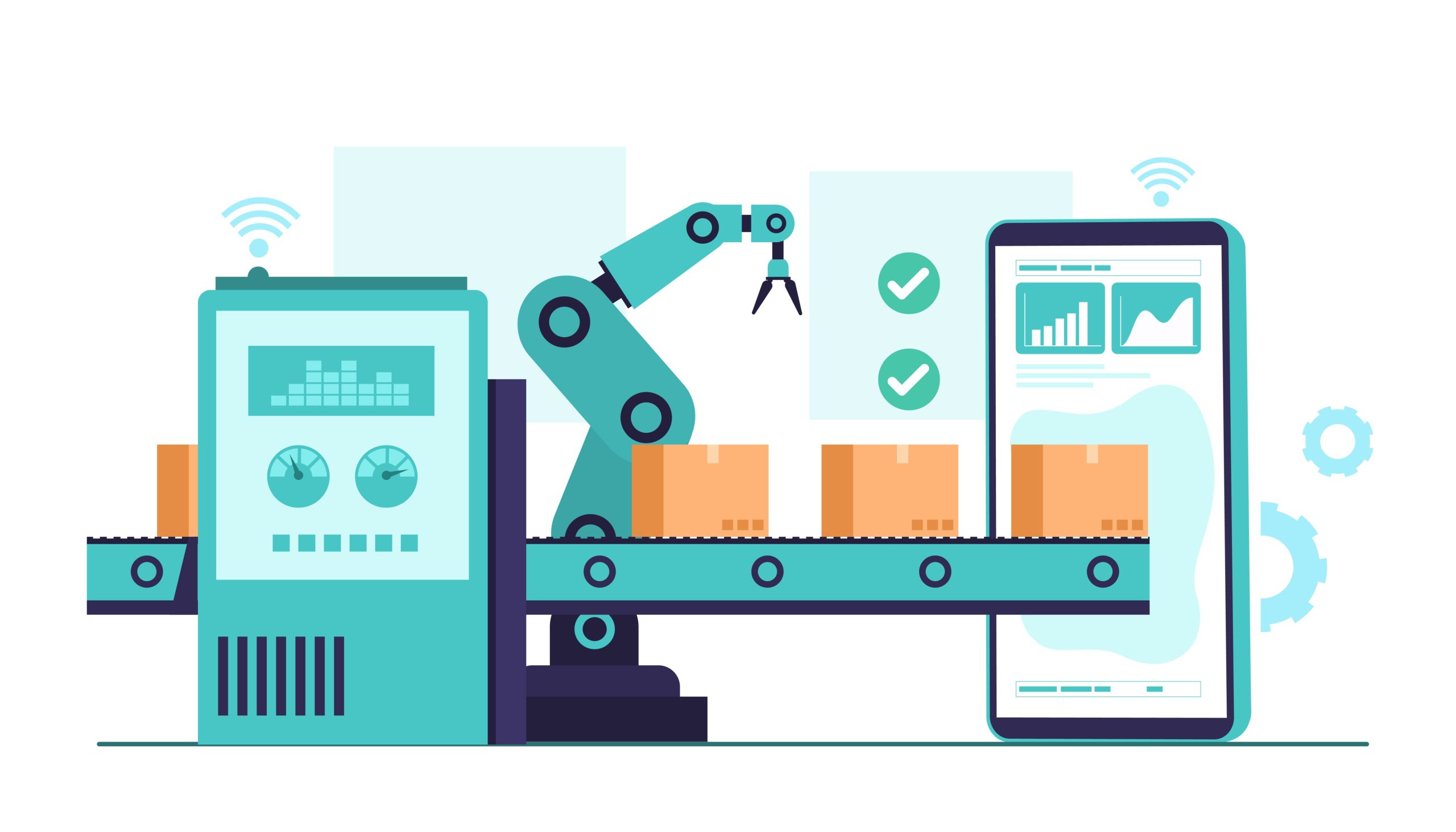
Introduction
Manufacturing has always been at the forefront of technological innovation, from the industrial revolution to the rise of automation. Today, the integration of machine learning in manufacturing is transforming the industry by improving efficiency, reducing waste, and enabling predictive maintenance. As data becomes an invaluable asset, manufacturers are leveraging manufacturing IT services to harness the power of machine learning (ML) for optimization and decision-making.
Understanding Machine Learning in Manufacturing
Machine learning (ML) is a subset of artificial intelligence (AI) that enables systems to learn from data patterns and make informed decisions. In manufacturing, ML applications help in identifying inefficiencies, predicting failures, and optimizing production processes. By processing vast amounts of data from sensors, machinery, and supply chains, ML algorithms provide actionable insights that enhance productivity and operational efficiency.
Key Applications of Machine Learning in Manufacturing Optimization
1. Predictive Maintenance
Predictive maintenance is one of the most impactful applications of machine learning in manufacturing. Traditional maintenance strategies are either reactive (fixing a problem after it occurs) or preventive (scheduled maintenance regardless of the machine’s condition). ML-powered predictive maintenance analyzes sensor data to forecast potential failures, allowing manufacturers to address issues before they lead to downtime.
Benefits:
-
Reduces unexpected equipment failures
-
Extends the lifespan of machinery
-
Minimizes maintenance costs and production downtime
2. Quality Control and Defect Detection
Manufacturing industries must ensure product quality while minimizing defects. ML-driven quality control systems analyze real-time production data, detecting defects with higher accuracy than human inspectors. Computer vision, an ML technique, processes images to identify anomalies in products, reducing waste and rework.
Benefits:
-
Increases product quality and consistency
-
Reduces production costs associated with defects
-
Enhances customer satisfaction
3. Supply Chain Optimization
A well-optimized supply chain is crucial for efficient manufacturing. Machine learning enhances supply chain management by analyzing demand patterns, predicting stock shortages, and optimizing inventory levels. By integrating ML with manufacturing IT services, businesses can automate procurement processes and streamline logistics.
Benefits:
-
Reduces inventory holding costs
-
Prevents supply chain disruptions
-
Enhances demand forecasting accuracy
4. Production Process Optimization
Manufacturers are constantly seeking ways to optimize production efficiency. ML algorithms analyze real-time production data to identify bottlenecks, optimize resource allocation, and improve throughput. This data-driven approach ensures maximum efficiency with minimal resource utilization.
Benefits:
-
Enhances overall equipment effectiveness (OEE)
-
Reduces energy and material waste
-
Improves workflow automation
5. Energy Management and Sustainability
Sustainability is a growing priority for manufacturers. ML algorithms help in monitoring energy consumption, optimizing usage, and identifying areas for improvement. Smart energy management systems powered by ML reduce waste and contribute to environmental conservation efforts.
Benefits:
-
Reduces operational costs
-
Decreases carbon footprint
-
Promotes sustainable manufacturing practices
The Role of Manufacturing IT Services in Machine Learning Implementation
To fully leverage the potential of machine learning in manufacturing, businesses require robust manufacturing IT services. These services encompass data collection, cloud computing, cybersecurity, and IT infrastructure management, ensuring seamless ML integration.
1. Data Management and Storage
Machine learning relies on vast amounts of data. IT services provide cloud-based storage and data management solutions that facilitate real-time data access, integration, and analysis.
2. Cybersecurity for Machine Learning Systems
With the rise of ML-driven automation, cybersecurity is a critical concern. Manufacturing IT services offer secure frameworks to protect sensitive manufacturing data from cyber threats and unauthorized access.
3. IT Infrastructure and Cloud Computing
Scalability is crucial for ML applications in manufacturing. Cloud computing solutions enable manufacturers to process large datasets efficiently, ensuring the smooth operation of ML models.
4. Integration with Existing Manufacturing Systems
Seamless integration of ML technologies with enterprise resource planning (ERP) and manufacturing execution systems (MES) enhances decision-making and operational efficiency.
Challenges in Implementing Machine Learning in Manufacturing
Despite its advantages, adopting ML in manufacturing comes with challenges:
-
Data Quality and Availability: Inaccurate or incomplete data can affect ML model performance.
-
High Initial Investment: Implementing ML requires investment in IT infrastructure, training, and skilled personnel.
-
Resistance to Change: Employees may resist automation due to fear of job displacement.
-
Integration Complexity: Integrating ML with legacy systems can be technically challenging.
The Future of Machine Learning in Manufacturing
As ML technology evolves, its impact on manufacturing will only grow. Future trends include:
-
Autonomous Manufacturing: AI-powered factories with minimal human intervention.
-
Digital Twins: Virtual models of manufacturing processes for real-time optimization.
-
AI-Driven Decision-Making: Advanced ML models for strategic planning and process improvement.
Conclusion
The role of machine learning in manufacturing is revolutionizing the industry by enhancing efficiency, reducing costs, and driving innovation. By leveraging manufacturing IT services, businesses can seamlessly integrate ML into their operations, optimizing decision-making and ensuring a competitive edge. As manufacturing continues to embrace digital transformation, machine learning will remain a crucial driver of industrial growth and sustainability.





Leave a Reply